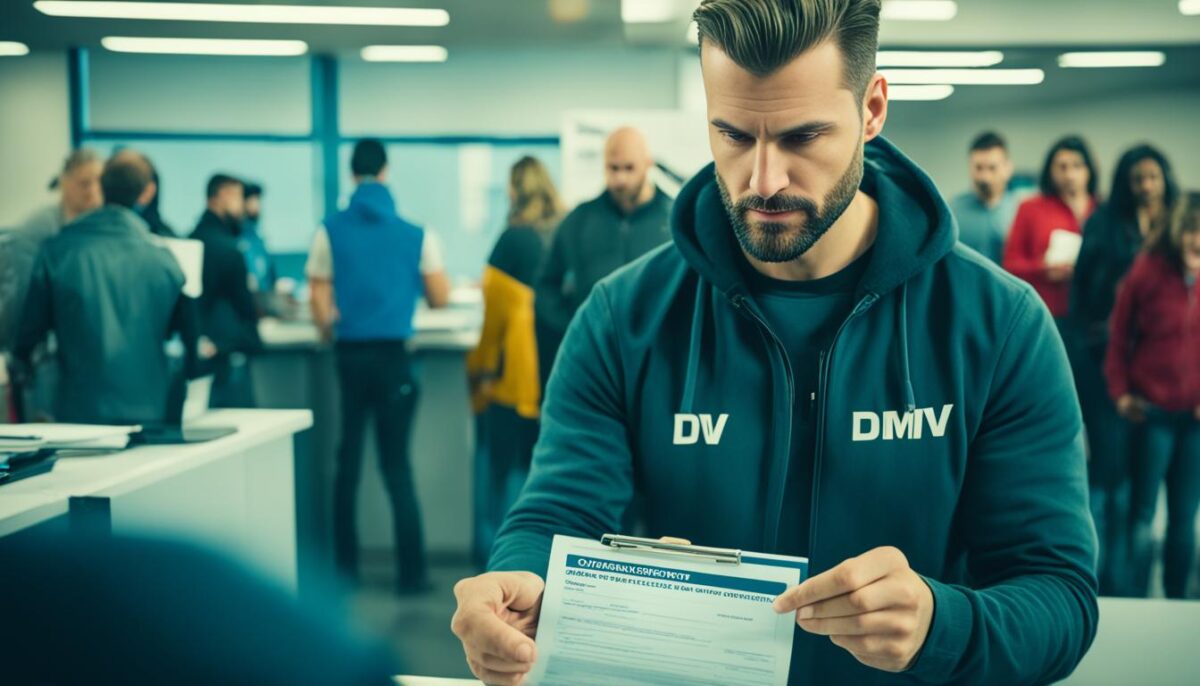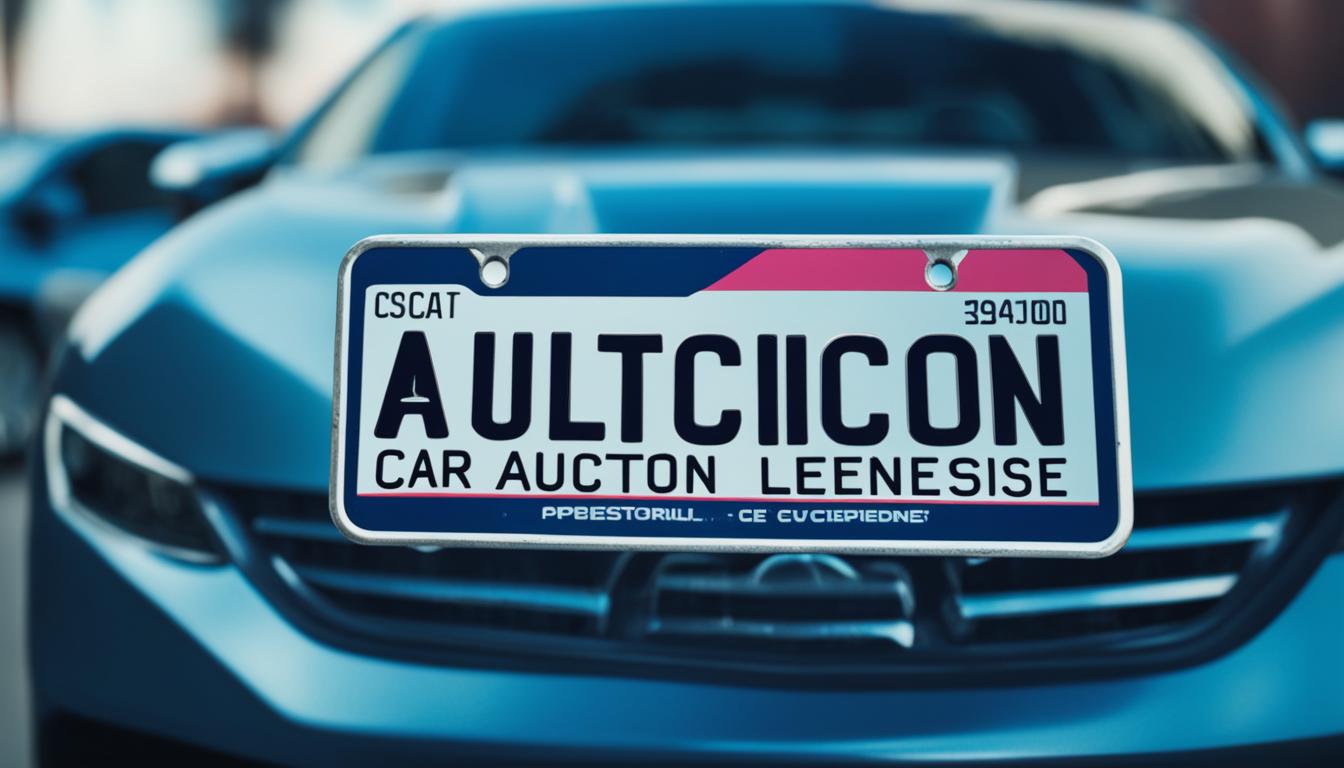Getting a license to participate in car auctions is an essential first step for anyone seeking to access exclusive automotive deals and opportunities. In this informative article, we’ll guide you through the process of acquiring the necessary licenses and permits to become a car auction bidder. From understanding the governing authorities to navigating the application process, we’ll provide you with the knowledge you need to unlock the benefits of the car auction market.
Whether you’re a seasoned automotive enthusiast or a newcomer to the world of car auctions, this comprehensive guide will equip you with the information you need to navigate the licensing requirements and unlock the door to a world of potential savings and unique acquisitions. Join us as we explore the ins and outs of obtaining a car auction license, empowering you to take your automotive investments to new heights.
Understanding the Requirements for a Car Auction License
Before you can start bidding at car auctions, it’s essential to understand the licensing and regulatory requirements in your area. The governing authorities responsible for overseeing car auctions vary by state and even by local jurisdiction. In this section, we’ll break down the key players you’ll need to work with, as well as the different types of licenses and permits that may be required, such as a dealer’s license, a resale permit, or a specific car auction license.
Identifying the Governing Authorities
The first step in obtaining the necessary licenses and permits for car auctions is to identify the governing authorities in your state and local area. Typically, this will involve working with a combination of state and local government agencies, such as:
- Your state’s department of motor vehicles (DMV) or department of revenue
- Local city or county business licensing offices
- State and local consumer protection agencies
Types of Licenses and Permits Needed
Depending on your location and the scope of your car auction activities, you may need to obtain one or more of the following licenses and permits:
- Dealer’s license: If you plan to sell vehicles at your car auction, you’ll likely need a dealer’s license from your state’s DMV or department of revenue.
- Resale permit: Many states require businesses that resell goods, like a car auction, to have a resale permit or sales tax permit.
- Car auction license: Some states and local jurisdictions may have specific licensing requirements for operating a car auction business.
It’s important to thoroughly research the car auction license requirements, state auto auction regulations, and types of car auction permits that apply in your area to ensure you’re in full compliance with all applicable laws and regulations.
“Navigating the licensing and regulatory landscape for car auctions can be complex, but it’s a critical step in establishing a legitimate and successful business.”
How Get License Car Auction
Navigating the car auction license application process can seem daunting, but with the right guidance, you’ll be well on your way to securing the credentials you need to participate in these lucrative sales. In this section, we’ll walk you through the key steps to get a car auction license and provide valuable insights into the associated requirements and fees.
Gathering the Necessary Documentation
The first step in the car auction license application process is to gather all the necessary documentation. This typically includes:
- A completed application form
- Proof of your business entity (e.g., articles of incorporation, business license)
- Copies of your valid driver’s license and business owner’s ID
- Proof of insurance coverage
- Evidence of any relevant experience or training in the industry
Submitting Your Application
Once you’ve assembled the required documents, it’s time to submit your car auction license application. This process can vary depending on the governing authority in your state or region, but generally, you’ll need to:
- Complete the application form, either online or by mail
- Gather all supporting documentation
- Pay the applicable license fees (more on that in the next section)
- Submit your application package to the appropriate regulatory body
Understanding the License Fees
The cost of a car auction license can vary widely depending on your location and the specific requirements of the governing authority. Some common fees you may encounter include:
| Fee Type | Average Cost |
|---|---|
| Application Processing Fee | $50 – $500 |
| Annual License Renewal Fee | $100 – $1,000 |
| Surety Bond or Insurance Requirement | $10,000 – $50,000 |
It’s important to research the specific fees in your area and budget accordingly to ensure a smooth and successful application process.
“Securing a car auction license opens the door to a world of incredible deals and lucrative opportunities. With the right preparation and guidance, you can navigate the process with confidence and take your automotive business to new heights.”
By following these steps and familiarizing yourself with the requirements and fees, you’ll be well on your way to obtaining the necessary car auction license to participate in these exciting and profitable sales. Stay tuned for the next section, where we’ll delve into the final steps of the application process.

Gathering the Necessary Documentation
Preparing the necessary documentation is a critical step in the car auction license application process. To ensure a smooth and successful submission, we’ll provide you with a comprehensive checklist of the required forms, identification, and other materials you’ll need to gather.
Personal Information and Identification
The first step is to gather your personal information and identification documents. This typically includes:
- A government-issued photo ID, such as a driver’s license or passport
- Your Social Security number or Employer Identification Number (EIN)
- Proof of your current residential address, such as a utility bill or bank statement
Business-Related Documents
If you’re applying for a car auction license for a business, you’ll need to provide additional documentation, including:
- A copy of your business license or certificate of incorporation
- Your business tax identification number
- Proof of your business’s physical address, such as a lease agreement or utility bill
Specialized Car Auction Documentation
In addition to your personal and business information, you’ll also need to gather specific documentation related to the car auction industry, such as:
- Proof of experience or training in the car auction field
- Documentation of any relevant licenses or permits you currently hold
- A detailed business plan outlining your proposed car auction operation
Remember, the exact requirements may vary depending on the governing authority and the type of car auction license you’re applying for. It’s essential to thoroughly review the application guidelines and gather all the necessary car auction license documentation to ensure a successful and timely submission.
“Preparation is the key to success in any endeavor, and the car auction license application process is no exception. By gathering the required documents for car auction license in advance, you’ll be well on your way to obtaining the necessary approvals to start your car auction business.”
The Application Process and Fees
With the required documents in hand, you’ll be ready to begin the car auction license application process. We’ll guide you through the step-by-step procedure, from submitting your forms to paying any associated fees. By understanding the application process, you’ll be well-equipped to navigate the system and secure your car auction license with confidence.
The first step is to complete the application forms required by the governing authorities in your state or jurisdiction. These forms will likely include details about your business, your experience, and the type of car auction you plan to operate. Be sure to fill out the forms accurately and provide all the necessary information to avoid delays.
Once your application is submitted, you’ll need to pay the required fees. The cost of a car auction license can vary depending on your location and the specific requirements, but you can expect to pay a few hundred dollars or more. These fees help cover the administrative costs of processing your application and issuing your license.

